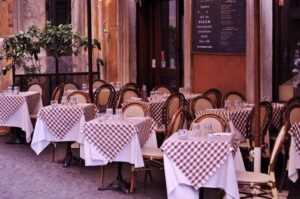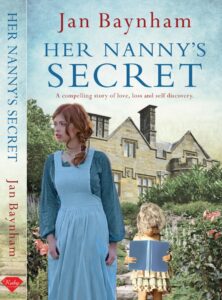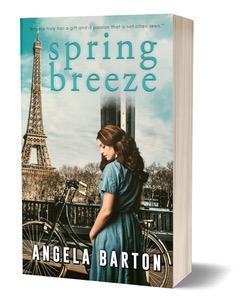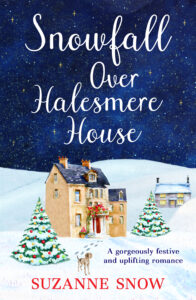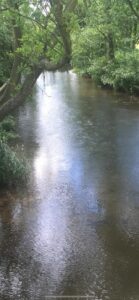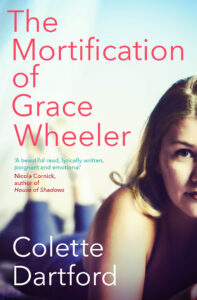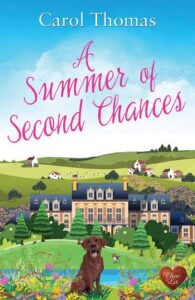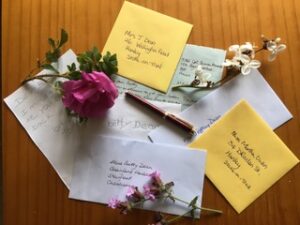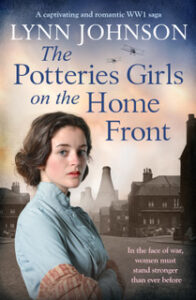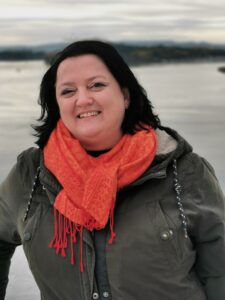 When I was asked if I could write a contemporary romance set in Norway, I jumped at the opportunity. I didn’t have a story, but I knew the perfect setting.
When I was asked if I could write a contemporary romance set in Norway, I jumped at the opportunity. I didn’t have a story, but I knew the perfect setting.
I love islands, but I couldn’t make up my mind which one of my favourite places to use, and I ended up making my own fictional island. From that, came Summer Island with it’s quirky characters and the best part of Norwegian summers.
It was the perfect place for a romance between two people with broken hearts who think they have lost what they loved most.
Ninni Torp comes to her beloved island to heal from the biggest shock in her life, only to find there are bigger suprises in store for her.
I also had great fun dropping a big city boy in an unfamiliar environment. Jack Greene arrives from London to sell the farm he has inherited, and finds the experience more than a little strange. Like here in this scene, where he gets into a rowing boat for the first time.
Jack looked at Frikk with a wary expression on his face. The dog looked back at him, ears up, tail down.
‘Are you sure he’s friendly?’
‘Are you scared of dogs?’ Ninni smiled at him.
 Jack kept a watchful eye on Frikk. ‘No, not really. I’m not used to them, that’s all. We never had any pets. My brother is allergic.’
Jack kept a watchful eye on Frikk. ‘No, not really. I’m not used to them, that’s all. We never had any pets. My brother is allergic.’
Ninni turned to Frikk. ‘Say hello to Jack, Frikk.’
The dog lifted a paw and Jack, after a moment’s hesitation, shook it. ‘That’s pretty good,’ he said and smiled.
Ninni laughed. ‘He has excellent manners. Better than most people, I think.’
She climbed into the boat, keeping it steady by standing with her legs apart. ‘Come on, Frikk, jump in.’
The dog looked at Jack, seemed to grin at him, and then jumped. Ninni grabbed him and lifted him to the front. She looked up at Jack. ‘Come on.’
Jack hesitated. ‘Are you sure that thing is safe?’
‘My word, you are a scaredy-cat. Don’t worry, if you fall while getting into the boat you can’t drown. That’s what the life jacket is for.’
She held out a hand, but Jack ignored it. Copying her, he carefully stepped into the boat, then sat down. He stretched out his hands and grabbed hold of the gunwale on both sides.
Ninni didn’t say anything. It wasn’t nice to make fun of someone sitting in a boat for the first time, no matter how hilarious he looked. He seemed so sure of himself on land and now he sat there, staring at the water as if it was going to attack him.
She sat down in the aft and pulled the cord to the engine a couple of times. It spluttered and then started.
The wind was coming from the south and the water was a bit choppy. The bow jumped on the waves and Frikk had a grand time barking at them.
Ninni leaned forward. ‘Are you seasick?’
‘No.’ He shook his head, then turned a shade greener.
I can’t even express how much fun I had writing the two books in A Very Hygge Holiday: Summer Island, and the sequel Christmas Island.






